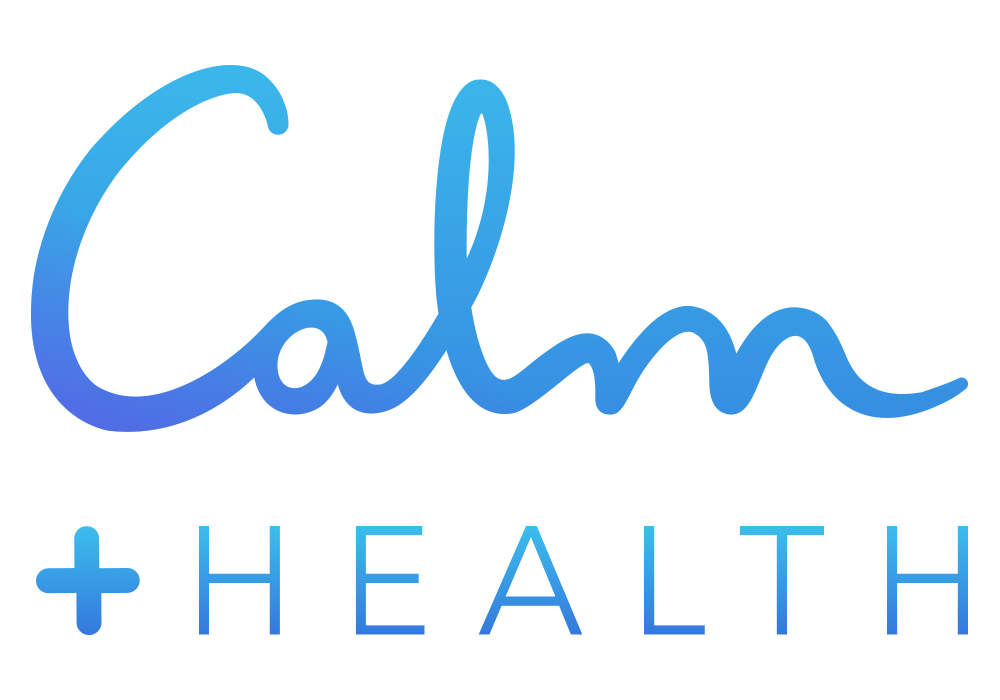
Welldoing.org and Calm in Brilliant New Partnership
People in therapy usually see their therapist once a week. But sometimes they might find it is hard to get through to the next appointment. They want some support to help tide them over, and many clients find that mindfulness apps are just the ticket. We interview one of our therapists every week, and it is noticeable how many of them recommend apps to their clients.
As Annie Broadbent, one of our therapists said: “I find mindfulness particularly effective in helping my clients step back and dis-identify from overwhelming feelings or thoughts. In so doing, they are able to perceive what they are experiencing, rather than be dominated by it – and they get a sense of being ‘more than’ their thoughts and feelings. This can be enormously liberating. It’s also a great tool they can take away from the sessions and use in their daily life.”
We were thrilled when mindfulness app Calm approached welldoing.org with a view to getting their app into the hands of more mental health practitioners and their clients. Co-founded by Britons Michael Acton Smith and Alex Tew, Calm is a great product; within only four years, Calm has already notched up 20 million downloads, and was named Apple's App of the Year 2017.
Our registered therapists will get a free 12 months premium subscription (worth £40) while their clients can have two months of Calm (worth £18), which includes guided meditation, body scans, sleep programmes and even adult bedtime stories, read by the likes of Stephen Fry. In addition, if clients book a therapist through our diary system, they too can receive the 2 month trial.
Research has shown that guided meditation can increase resilience; with practice, it can also lower blood pressure, help with sleep problems, support depression and anxiety, and generally promote wellbeing. For those in therapy, there are even more benefits. “A mindfulness app can act as an extension of the actual therapy sessions, maintaining focus and deepening the therapy journey," said therapist Paul Garden. "The actual sessions are freer to 'fine-tune’ mindfulness practice techniques, rather than using the sessions to teach from scratch. In my experience, mindfulness apps enrich the therapy hour considerably.”
Welldoing.org founder Louise Chunn is particularly thrilled by this important partnership. "I may be a sporadic meditator, but it's been clear to me for years that mindfulness is a very useful tool for people when they are feeling anxious or low. I'm delighted that this partnership with Calm makes it easier for both therapists and clients to try this great app for themselves."
For further details contact [email protected]










